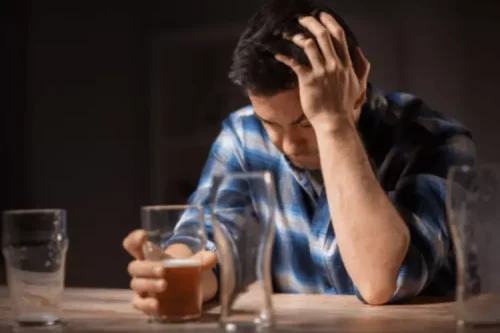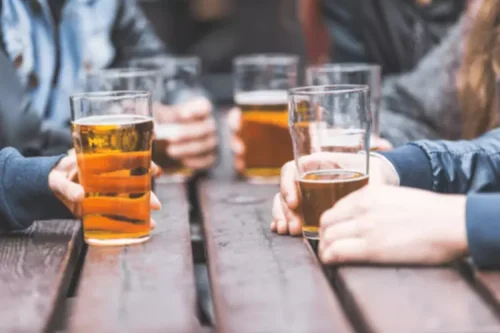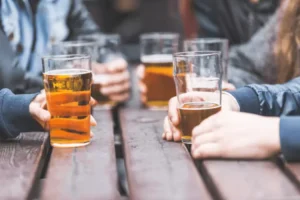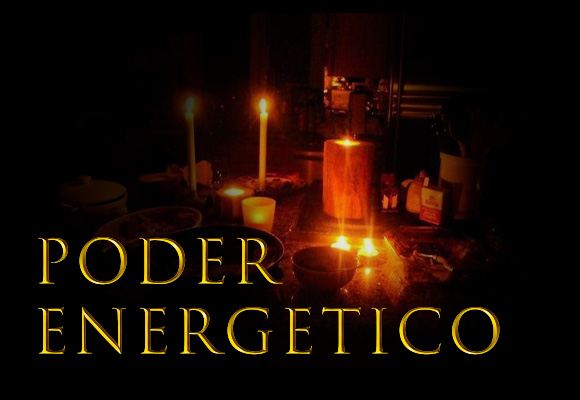Dextromethorphan and Alcohol Food Interactions
24 junio, 2021Revenue Definition, Formula, Calculation, and Examples
31 enero, 2022
It also involves butane (lighter fluid), which can result in https://ecosoberhouse.com/ burns from fires and explosions. There is also evidence that suggests that someone’s risk of heart attack increases within the first hour after smoking weed. Cannabinoids in weed can raise resting heart rate, dilate the blood vessels and make the heart pump blood harder. Research shows that people with existing cardiovascular problems like heart disease who are also under stress, develop chest pain more quickly after smoking marijuana.

Marijuana as a Recreational Drug
This alteration increases your risk of developing a dependence, making is weed addictive the idea of quitting seem daunting. The intense euphoria that comes with potent THC strains can lock you into a cycle that’s hard to break. Moreover, this increased THC potency can lead to a faster development of marijuana use disorder and more severe withdrawal symptoms, complicating your journey to quit. Therefore, 12-step programs continue to gain popularity as an effective means of support for individuals struggling with addiction. These treatment options highlight the multi-faceted approach required to effectively address marijuana addiction, emphasizing both individual and communal aspects of recovery.
Can You Get Addicted to Marijuana?
Individuals, who smoke weed regularly, may develop significant cannabis dependence. Once this develops, quitting marijuana may result in several uncomfortable experiences, including cravings and turbulent moods. Quitting marijuana can be challenging, but it’s the first fundamental step if you’re feeling stuck in a rut with marijuana use or concerned about your health. Whether you’re using the drug to cope with stress or it’s become a habit, knowing when and how to stop smoking weed can help you get back on track. Once you decide to stop smoking weed, your first decision is to pick which approach is right for you and your needs. While some people may find giving up marijuana easier than others, your own experience may depend on whether you have developed a dependence or addiction to the substance.
Medications for Marijuana Detox and Withdrawal
Though our tips for quitting marijuana on your own may help, your best option is to contact a treatment provider that specializes in cannabis use treatment. With their expertise, a treatment provider can determine the best course of action to help you stop your marijuana use. Not everyone experiences cannabis withdrawal symptoms, but for those who do, they can be pretty uncomfortable. If you use a lot of cannabis and smoke regularly, quitting abruptly might be difficult. Slowly reducing use over time may help you have more success and can also help decrease the severity of withdrawal Halfway house symptoms. Quitting cannabis can be as difficult as quitting tobacco, with many withdrawal symptoms being equally severe.
Marijuana Withdrawal Symptoms

Someresearchshows that using weed is likely to lead to the use of other illegal drugs as well. There’s also the risk of the possible development of addictions to these substances in addition to marijuana. One study out of Massachusetts General Hospital’s Center for Addiction Medicineshowed that teens especially were affected by symptoms of marijuana withdrawal. Of the approximately 40 percent of teens who experienced marijuana withdrawal symptoms, they were also more likely to meet the criteria for mood disorders. Remember, you can get support from a professional without specialized treatment or going through a traditional “rehab” program.
The length of time someone experiences these symptoms and how severe the symptoms might become are dependent on many different factors including how long and how often they used weed. Symptoms of marijuana withdrawal typically begin less than 24 hours after someone stops using weed and can persist for about seven to 10 days, peaking in intensity around days two to four. As the body works to eliminate the substance it has become dependent upon, patients may experience uncomfortable symptoms. This condition only recently became a recognized diagnosis by the American Psychiatric Association.
- As more people have easy, legal access to high-concentration THC products, more people are experiencing unwanted side effects.
- These programs are suitable for severe cases and typically span from a week to a month, providing a comprehensive and controlled detox environment.
- It is important to consult a healthcare professional if these symptoms persist or worsen.
- The same goes for many other money requests in the bill for setting up a state cannabis testing facility and a public health and education program.
- BetterHelp can connect you to an addiction and mental health counselor.
We’re looking to build a more resilient, diverse and deeply impactful media landscape, and we hope you’ll help by supporting our essential journalism. But Steve Alm, the Honolulu Prosecuting Attorney, warned marijuana may cause increased psychiatric disorders such as depression, schizophrenia and greater risk of suicide. There seems to be some momentum to remove pot from Schedule I status, as well as growing recognition that other drugs on the list may have medical use. The issue is back again this session in the form of House Bill 1246, which would legalize the personal use of marijuana for people 21 years of age and older beginning in 2026. The state has long since allowed for medical cannabis use and more recently its sale at dispensaries — and has decriminalized possession of up to 3 grams of pot for all adults.
Steps
Your body and mind have become accustomed to functioning with THC, so quitting cold turkey may cause you to experience more intense withdrawal symptoms that, while temporary, can be challenging to cope with. You’re not alone in feeling apprehensive about this process, and this page will aim to provide some information on how to stop smoking weed successfully. Behavioral interventions and personal therapy are also effective in helping individuals cope with withdrawal and maintain sobriety. In outpatient or inpatient detox programs, medical professionals can provide medications as needed to support the detox process.

It’s important to understand that overcoming cannabis addiction involves more than just stopping the use. The duration of weed detox varies from person to person, typically depending on factors such as the length and intensity of use, individual metabolism, and overall health. Generally, withdrawal symptoms may begin within hours after the last use and reach their peak around the third day.
Recognizing the need for treatment is an important step toward recovery. This step-by-step guide aims to provide insight into the entire process of Marijuana Addiction Treatment. Quitting weed often brings about challenging psychological withdrawal symptoms, including mood swings and anxiety, that can make the journey feel overwhelming.
